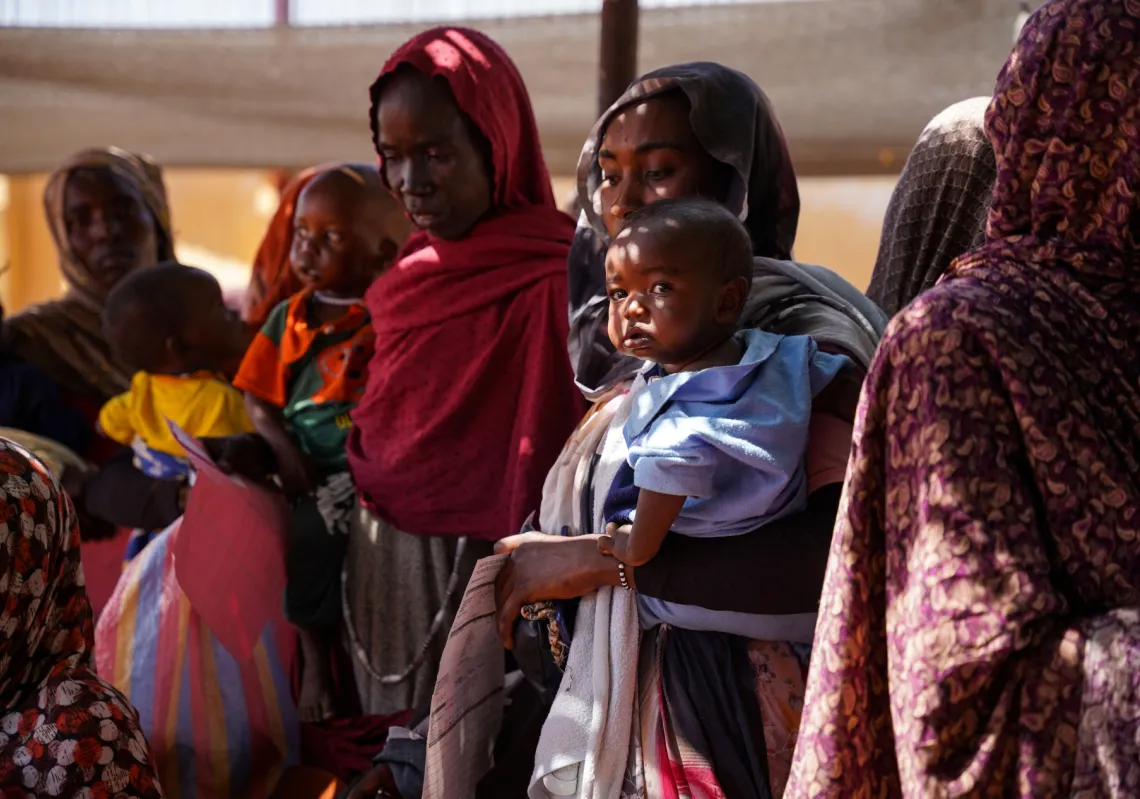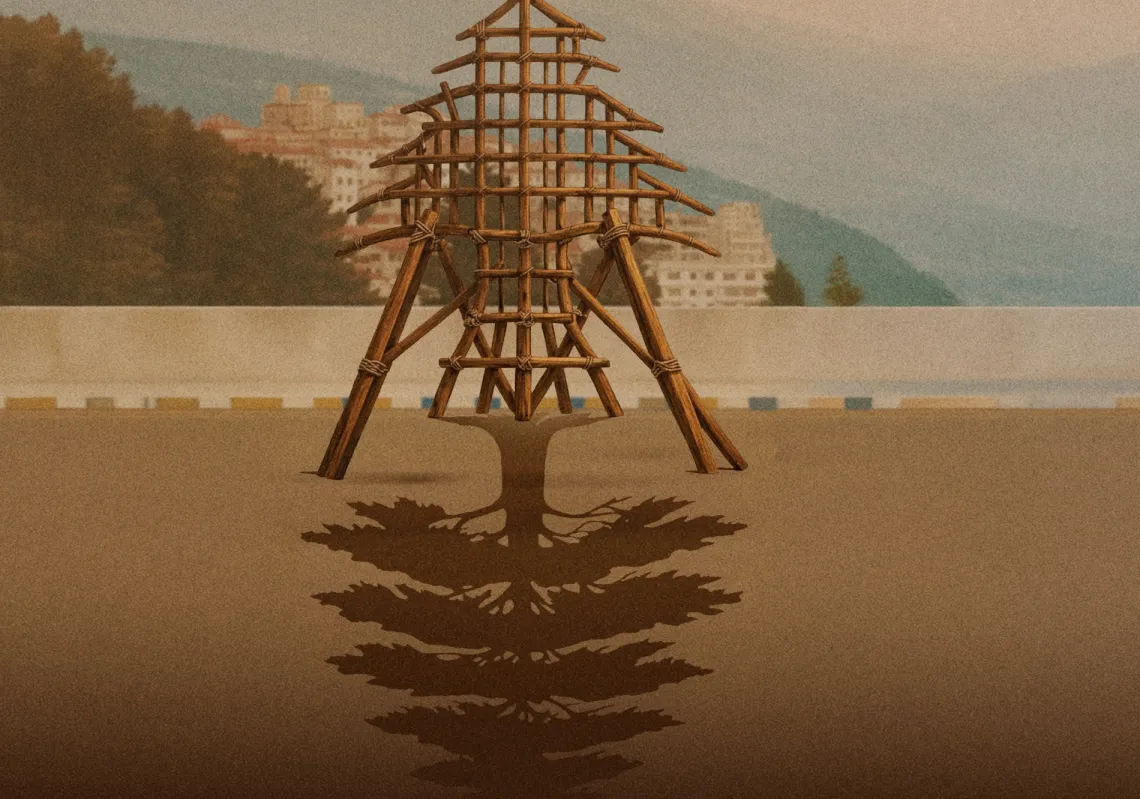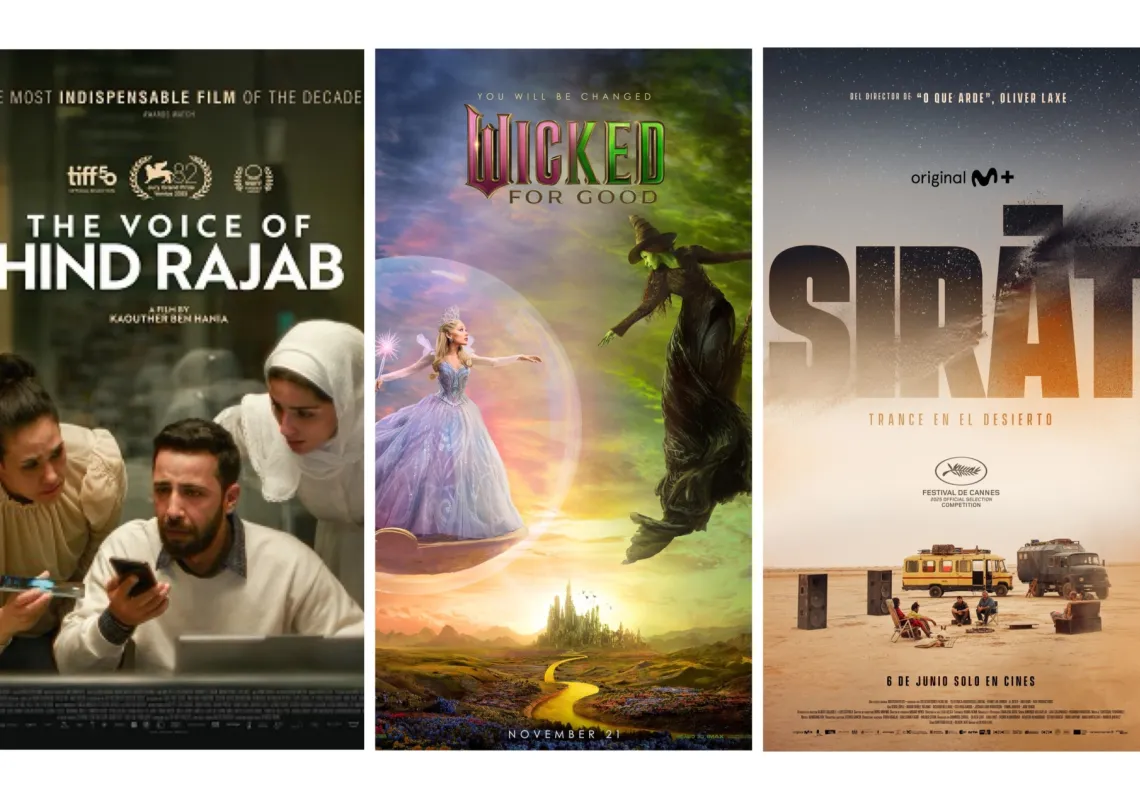ISTANBUL : With the confrontation between Iran and the US heating up, Glyn Davies enjoys front-row involvement in often frantic behind-the-scenes diplomacy at the International Atomic Energy Agency. Washington’s man in Vienna was dispatched to Turkey this week to ask its government—a close trade and military partner to Tehran—not to repeat its November abstention from a vote to condemn Iran.
Born to US diplomat parents in Afghanistan, Davies is a career diplomat who served as a deputy assistant Secretary of State for East Asian and Pacific Affairs, was posted in London and Paris, and worked at the National Security Council and on NATO and nuclear disarmament.
Since coming to the IAEA, he has been heavily involved in the Obama administration’s October offer to Iran that would swap 70% of its low-enriched uranium stockpile for nuclear medical fuel rods. Though once a State Department spokesman, Davies does not shy away from tough language and has described the Iranian government’s actions as “callous, chilling” and “alarming”.
Turkish newspapers reported that a fissure is emerging between Ankara and Washington over how to deal with Iran. The Turks are adopting the Chinese position that more time should be given over to diplomacy, while the Americans are ready to impose “crippling” sanctions. As Turkey’s Foreign Minister continues bargaining with Tehran, there are those who believe that refreshed ties with Iran and Syria, very public criticisms of Israel, and an ongoing crackdown on secularist Army generals are all signs that Ankara has slipped its pro-Western moorings in favour of Muslim solidarity.
Iran officially rejected America’s offer on the same day as this interview. In a letter to the IAEA, it explained that it would rather buy the fuel it needs or accept a simultaneous exchange on its own territory. Washington called Iran’s response a “red herring”.
The Majalla: You’ve only been in Vienna since last August but say sometimes it feels like “a lifetime”. Is working on the Iranian nuclear program exhausting?
We’ve been engaged in efforts to reach an accommodation between the IAEA and Iran that would refuel the Tehran Research Reactor (a five megawatt light-water reactor supplied by the Americans to their staunch ally, the Shah of Iran, in the Sixties under the Atoms for Peace project) using a portion of the uranium that the Iranians have already infused. The most frustrating element of this of course is that we thought we had an agreement that worked very well for them as well as us. But Iran proved incapable of agreeing to this deal that we thought was manifestly in their interests.
Q: When the Obama administration offered Iran this deal, it effectively departed from the Bush administration position of not allowing Iranian enrichment on its soil? What was the logic behind this?
What was, we thought, very important from the Iranian standpoint is that it was a narrow deal. It only really ever dealt with refuelling the Tehran Research Reactor so it never got into issues related to their ongoing enrichment plans, or the work in Esfahan or Qom, or anywhere else.
It only talked about taking Iranian fuel, enriching it in Russia, making fuel rods in France, and shipping them back into Iran. For us, the most important part of the deal was getting this large portion of LEU out of Iran at the front end of the deal as a confidence-building measure so that they could demonstrate that in fact their nuclear program is civilian in nature and peaceful, and that seems to be the part that they balked at. They’ve since come up with many other variations on a deal but nothing like the original deal that Mohammad al-Baradei negotiated back in October.
The Turks played a very important role in the early days when they offered to host or secure this material once it had been shipped out of Iran. It would be on Turkish soil under IAEA seal, they would hold it in a sort of escrow arrangement. And we said that this works fine with us. That was passively rejected by the Iranians because they never responded positively to that. The only thing they said was that they would only allow a swap within Iran of the material which doesn’t do it for us and it doesn’t get the material out of the country and give us the diplomatic breathing space to try to find a solution to this problem.
Q: To what extent has the Arab position on Iran shifted since, say, the later Bush years when Cheney would visit and try to rally Saudi Arabia and the Gulf state without much apparent success? Is there a greater urgency now over a nuclear Iran?
During the Board of Governors meeting of the IAEA in November, we achieved the overwhelming passing of a resolution (criticising Iran for its non-cooperation). There were only three countries that voted against it—Cuba, Venezuela and Malaysia. Eight countries abstained and then, of the 45 members of the board, everybody else voted for it. Egypt was on the cusp of agreeing to vote for it but they wanted language that we didn’t have time to come up with on a nuclear weapons-free zone in the Middle East. That was the first time the Board approved a resolution that was cosponsored by the P5+1, so that was a dramatic new development and there was an awful lot of confident reaction by Arab states to that resolution, even though many of them ended up abstaining. But they didn’t vote against it.
Q: Realistically, where can the Turks offer help on the Iran file? And to what extent, should sanctions be agreed upon, will they want to see their own neighbour and lucrative trade partner financially crippled?
My purpose in coming here was we have a very important board of governors meeting coming up March 1. It’ll be very important because it’ll be the first meeting after this latest, very sharp board report that has been done under the new administration of the IAEA.
Turkey is a very important country because of its role in the region. It’s on the board, it’s on the UN Security Council so of all the countries I could have visited to discuss this issue I chose to come here on the eve of the board meeting to listen to the Turks, and understand where they’re coming from.
But secondly, I wanted to let them know in no uncertain terms and very directly how we see matters and why we’re so disappointed in the direction that Iran is taking and has taken in recent months on [the recently revealed covert enrichment facility in] Qom, on the failure to cooperate with the IAEA, on the decision to enrich uranium up to close to 20%. All these moves are very much in the wrong direction.
At a time when we’re trying to build confidence, try to reach out and engaging with them they seem to be giving us the back of the hand and moving in the wrong direction. I wanted to explain to Turkey that this is how we see it and to explain the diminishing possibility that appear to be out there of reaching a deal. The IAEA deal is still on the table if they would respond possibly but it would have to be that deal.
Q: Why does the US insist upon offering the deal when it no longer appears to believe that Iran is negotiating in good faith?
It is important to try to find a way to keep this research reactor going because it produces medical isotopes for 850.000 cancer patients in Iran. The deal could provide a chance for Iran to demonstrate that its nuclear program is civilian, is peaceful, and could be the beginning of other processes, it could lead to other directions. The reason we thought the deal was so good in the beginning was because it gave so much to the Iranians in terms of not talking about Natanz or Qom, but really just about how the other nuclear countries would work with Iran to help refuel this reactor. That's why the deal is still on the table.
People have a misconception about the dual-track policy, thinking that since America’s now talking about sanctions and pressure this must now mean that the outreach part of the dual track is somehow off the table. But it’s not and it won’t be.
We’ll always try to reach ways to find solutions to these problems but they have to be on terms that are acceptable to both sides, they have to be a win-win. Since the conclusion of this deal by Baradei, and what initially appeared to be acceptance on the part of the Iranians including their President, the dialogue has kind of gone south in Iran and it looks as if they now don’t seem capable of meeting those conditions that were worked out by the IAEA. I wanted to explain that to the Turks.
The Turks are trying very hard to pursue a diplomatic opening, I’ve said and I believe that their motivations are pure in all this, they’ve been terrific in sharing with us all the details but…
Q: Ultimately Iran is a close trade partner and important neighbour?
Turkey has to make up its own mind but we are coming to this point where there will be a Board of Governors meeting in the IAEA starting March 1st. Turkey is on the board of governors, there will be discussion and action we believe in the Security Council. So I wanted to come here and lay out for the Turks how we see the situation and why it’s important at this point to put some pressure on Iran to change their calculus, change their thinking and get them to understand it’s in their interest to go in this more positive direction instead of continuing in this provocative stance.
Q: Why has the US not been feeling very comfortable about the prospect of Turkey serving as a location for the fuel swap?
There was a time some months ago when I don’t think the US had a problem with the notion of Turkey as a location for a fuel swap but the problem is that it has to be a minimum amount of 1,200kg in one shipment and at the beginning of the deal.
Much of what we understand of the Iranian position—and it depends on the day when you’re talking or listening to them—they’ve never stepped up to those originally agreed-upon provisional positions that Mohammad el Baradei agreed upon. So they’ve sought to avoid one condition or the other, or for the most part all three. So a swap of a partial amount once the fuel assemblies are produced at some point in the middle future doesn’t do it for us because it lacks the confidence-building component, the signal that Iran is serious about the peaceful nature of its nuclear program. And it allows it to continue to churn out low-enriched uranium. They’ve produced over 600kg of the stuff just since October so what was then a universe of 1600-1700kg of which 1200kg would have been a substantial portion, that ratio has changed rather dramatically.
Q: How would the imposition of sanctions affect the situation?
It’s important to bring some pressure to bear on Iran to clarify their thinking so that they understand that their continued march towards the acquisition of these technologies outside the bounds of their agreements with the IAEA, the Non-Proliferation Treaty, these need to be met not with additional concessions but with steps that signal that there is a consequence when you flout the rules of the international system and agreements that you yourself signed.
Q: Would sanctions on gasoline imports figure in this package?
Whoa, that gets me into a level of… I haven’t actually worked on sanctions, I’m not in New York. As a general rule, what we’re looking at is to direct pressure towards individuals who are directly related to the IRGC.
Q: Why does the Obama administration seem to no longer believe the 2008 National Intelligence Estimate that stated that Iran had abandoned the military side of its nuclear program back in 2003?
In the US Government there’s been no official change made to that original finding by the intelligence community. Sticking to the confines of the IAEA’s own reports [http://www.iaea.org/Publications/Documents/Board/2009/gov2009-74.pdf] and what they have to say about the public signs of possible military dimensions to the uranium program, that in and on itself is a concern to us and is one of the key factors that heightened concern in Washington for the need to find a way out.
Q: According to current trends, what is the time window within which the US expects Iran to be capable of building a nuclear bomb?
It’s interesting that the IAEA, in addition to detailing all the troubling aspects of this program—the heavy water; the possible military dimensions; the failure to be open about the Qom facility—they also detail some of the technological challenges that Iran seems to be facing in its enrichment program. So that’s part of the picture as well.
The amount of 19.75% enriched LEU that they’re producing is at the moment relatively small. But as we’ve learned when dealing with Iran, it’s not about the daily rate but about what they produce over time. Right now they’ve only devoted one of the IAEA cascades to this purpose, so they could devote more soon.
Q: The recent IAEA report was remarkably harsh towards Iran. Could such a report have been issued on Mohammad el-Baradei’s watch?
There’s no question that Mohammed al-Baradei and Yukiya Amano are two different men from two different parts of the world with different style. Director-General Amano is taking a very methodical approach to this, he is stripping away a lot of the adjectives, getting right down to cases, he’s telling it like it is.
Q: No more Muslim solidarity?
I don’t really go for that stuff, I admire Mohammed too much. I think he was genuinely ahead of his time, he’d been at this for a dozen years so the reports I was working with him towards the end of his tenure, he had a particular purpose for doing the reports in the way that he did. The bigger story is if you look at some of the reports that Baradei did during his tenure, they were quite hard-hitting. Remember what he said at the end of his tenure, that Iran was on the wrong side of the law?
Q: But he also said that you can’t bomb nuclear knowledge.
He was a man who gave good quotes (laughs), there’s no question about that. There’s now a new Director General, he’s got a different approach that is perhaps having a bit of an effect on the tenor of these reports. But the substance? Not so greatly different.
Q: You said last year that Iran has a possible “breakout” capacity. Does this mean that it is too late to stop Iran's nuclear progress?
I don’t think it’s ever too late for a country, even Iran, to change its strategic calculations and make a principled decision to move in the direction of adherence to the NPT, try to find accommodation with its neighbours and the world community.
I’ve got a president who set out his stall in the direction of moving towards a world without nuclear weapons. People can be cynical about that; the man is sincere though. It can be a long process: we’re trying to negotiate a reduction in strategic arms, move to corral fissionable material in the next four years and you have a very few actors who’re moving in the opposite direction. So it comes down to what sort of world you want, a world in which there’s proliferation of new technologies and people are acting outside the system, constantly testing the NPT and trying to get away with infractions? Or do you want to work towards a world where you strengthen the IAEA and NPT which is all we’ve got? To ensure that this technology will be used for peaceful purposes, medical and agricultural, instead of increasingly proliferating and using it for dangerous purposes? That’s the stark strategic choice that we face and that’s why we’re so concerned with what Iran is up to at the moment.
Q: How does the Green Movement and Iran’s domestic problem play into US calculations?
There’s a great deal of turmoil inside Iran, there’s been an uptick in repression in recent months, and yet I also know that this issue of the right to the peaceful pursuit of nuclear power is probably quite an emotional touchstone in Iran.
Nobody’s questioning Iran’s right to have peaceful nuclear technology, the question is whether or not they do it within the bounds of the international system to demonstrate that indeed it is a civilian nuclear program, or whether they continue to defy the IAEA and their obligations under the NPT and the Additional Protocol, and continue to raise questions over whether this is a peaceful program or one that is pointed in the direction of establishing a capability to develop nuclear weapons. That’s what so scary, especially for the region where we’re sitting right now.
My personal view is that all the signs point to an attempt by Iran to develop that capacity for a breakout, give themselves that option, and perhaps ultimately pursue that sort of a weapon. That would be tremendously destabilising in this region, threaten Iran’s neighbours, and set back the progress we’re all seeking to achieve.
Interview conducted by Iason Athanasiadis – journalist based in Istanbul, covers Turkey, the Middle East and Central Asia. Since 1999, he has lived in Cairo, Damascus, Doha, Sana’a and Tehran. www.iason.ws







